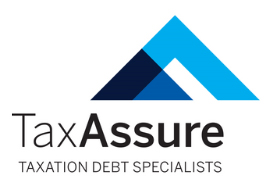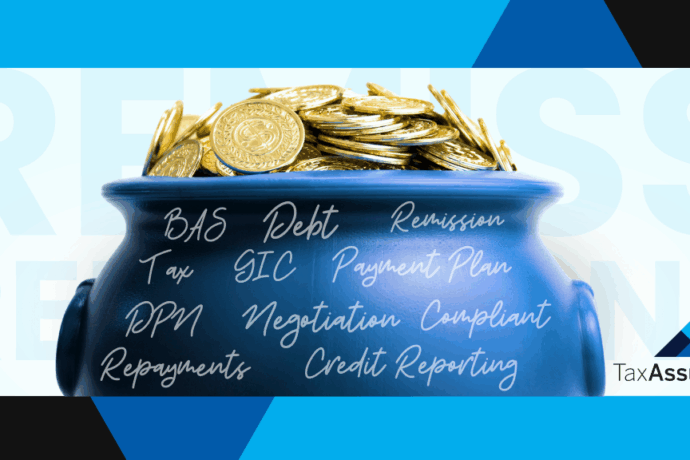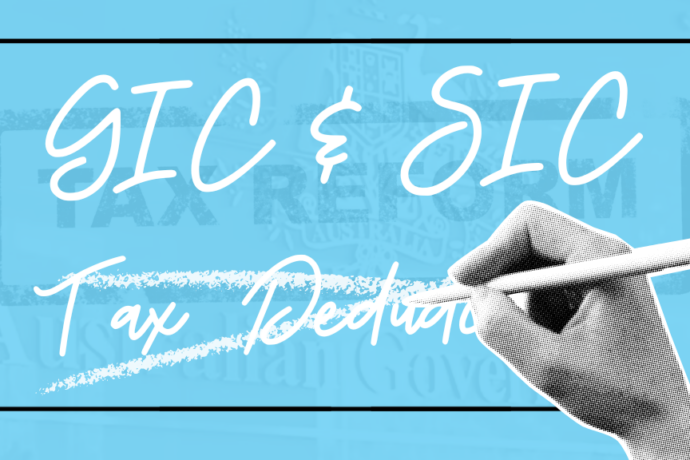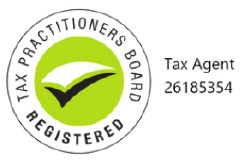What to Do If You Receive an ATO Director Penalty Notice (DPN)
Home » Blog » ATO debt management » What to Do If You Receive an ATO Director Penalty Notice (DPN)
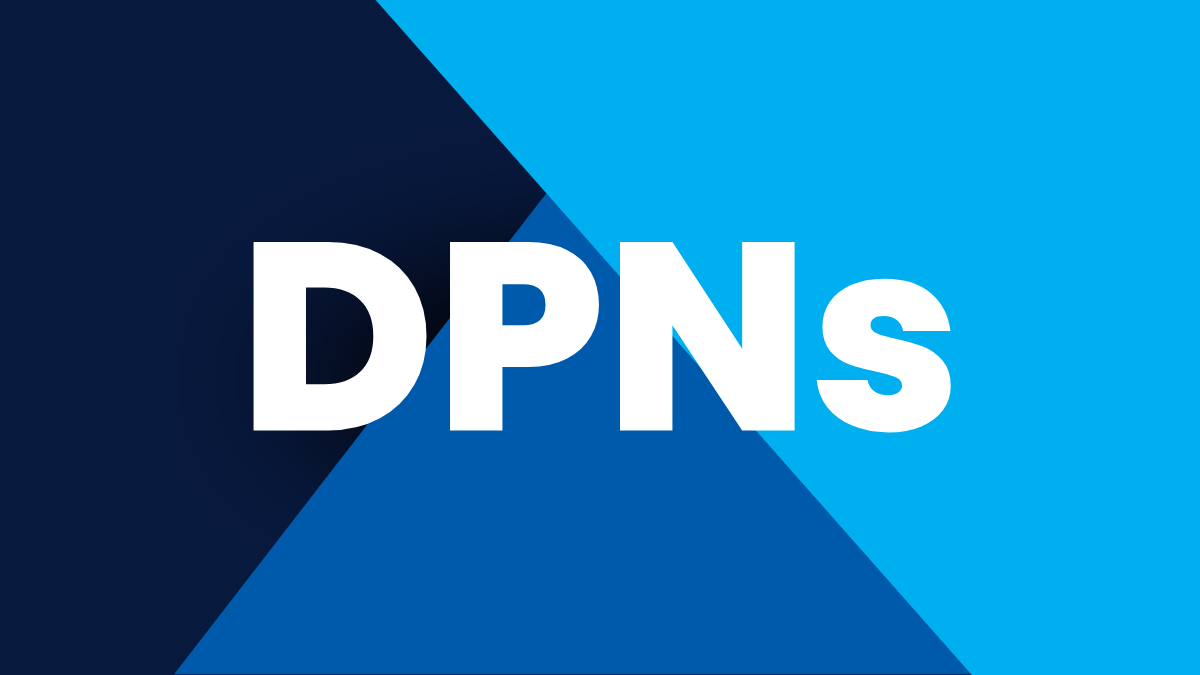
Table of Contents
Receiving a Director Penalty Notice (DPN) from the Australian Taxation Office (ATO) is a stressful experience for business directors. A DPN makes directors personally liable for unpaid company debts, such as GST, PAYG withholding, and superannuation. It’s a serious issue, but there are steps you can take to protect yourself and resolve the debt before it escalates.
In the video below, Olga Koskie and Michael Moon from Tax Assure discuss what actions to take and who you should engage with if you receive a Director Penalty Notice from the ATO.
Let’s break down the key steps and strategies highlighted in the video.
Tip 1: Engage with the ATO Early
The most important thing to do when you receive a DPN is to engage with the ATO immediately. Under ATO policies, as long as the company is in a compliant arrangement, the ATO will not pursue the director personally for the debt. This means that if the company sets up a payment plan or becomes compliant with its tax obligations, you, as a director, may avoid personal liability.
For example, we recently helped a client whose DPN had expired. They weren’t sure where to go or what to do, but by engaging with the ATO and setting up a payment arrangement, we were able to prevent further action against the director’s personal assets. Even though the DPN had technically expired, no further action was taken once the company became compliant.
Tip 2: Understand Parallel Liability
When a director receives a DPN, the liability is parallel between the company and the director. This means that every dollar the company pays towards the tax debt reduces the director’s personal liability for that debt. Essentially, if the company pays down the debt, the director’s liability decreases proportionally.
This is a key reason why it’s crucial to engage with the ATO and set up a compliant payment arrangement. As long as the company continues to address its debts, the director’s personal risk is reduced.
Tip 3: Address DPNs in Liquidation Situations
Even if your company is in financial trouble and you’re considering liquidation, you need to act quickly to avoid personal liability. In one recent case, a director thought that placing their company into liquidation would end their personal liability. However, they didn’t act quickly enough, and a DPN was issued before the company was liquidated.
Even in cases where liquidation occurs, directors can still face personal liability for unpaid tax debts. Fortunately, in this case, we were able to help the director stop the ATO from taking their home by getting them into a compliant payment arrangement, even though the company had already entered liquidation.
Tip 4: Directors’ Disputes Won’t Eliminate Liability
In cases where there are multiple directors and a dispute occurs, all directors remain personally liable under a DPN until the debt is completely paid off. One director cannot simply push the responsibility onto another. The ATO will pursue all liable directors equally, and they will not divide the debt based on internal disputes between directors.
For example, if two directors are responsible for a $200,000 debt, each director is liable for the full amount. The ATO does not view the debt as $100,000 per director. If one director has assets and the other does not, the ATO will pursue the director with assets, making it imperative for all directors to be aware of the shared responsibility and take action.
Tip 5: Don’t Delay—Timeframes Are Strict
Director Penalty Notices come with strict timeframes, particularly when it comes to standard DPNs, where directors are given a window of opportunity to avoid liability. There is no flexibility in these timeframes, and failing to act within them can lead to personal liability.
For example, if the ATO issues a DPN and you don’t respond within the required timeframe, the ATO can pursue legal action to recover the debt from your personal assets. Whether your company is trading or not, the personal liability will not go away unless the debt is addressed or a formal arrangement is in place.
Tip 6: Get Expert Help
Handling a Director Penalty Notice is not a straightforward process. There are different types of DPNs, and each one comes with its own complexities. Getting expert help is essential to ensure you navigate the process correctly and protect your personal assets.
Our team specialises in helping directors resolve ATO tax debts and avoid personal liability under DPNs. Whether your company is still trading, entering liquidation, or you’re unsure of the next steps, we can help you engage with the ATO and find a solution that works for you.
Takeaway: Don’t Put Your Head in the Sand
Ignoring a Director Penalty Notice won’t make it go away. In fact, it can lead to even more severe consequences, including bankruptcy and the loss of personal assets. The key takeaway is to act quickly, engage with the ATO, and seek professional advice. By doing so, you can protect your personal assets and resolve your company’s tax obligations in a structured and manageable way.
If you’ve received a Director Penalty Notice or are concerned about your company’s tax obligations, contact us today for expert advice and assistance.
Disclaimer: The information provided in this article is for general informational purposes only and does not constitute professional advice. While we make every effort to ensure the accuracy and relevance of the content, it should not be relied upon as a substitute for consultation with qualified professionals, including legal, financial, or tax advisors. Each business situation is unique, and we recommend seeking tailored advice that considers your specific circumstances before making any decisions regarding tax debts, insolvency, or related matters. Tax Assure and its authors disclaim any liability for actions taken or not taken based on the content of this article.
